SUMMARY
This is AI generated summarization, which may have errors. For context, always refer to the full article.
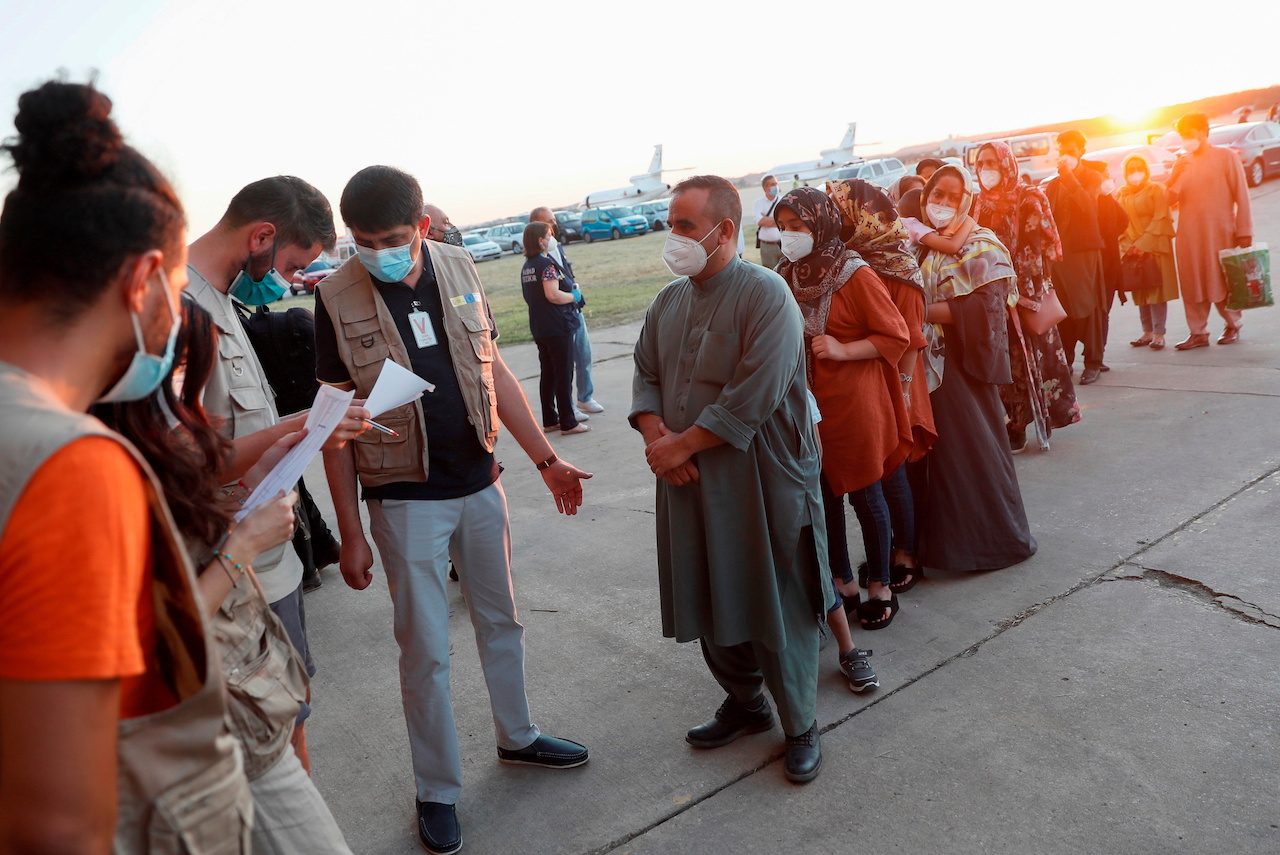
MANILA, Philippines – The Philippines’ Department of Foreign Affairs (DFA) confirmed Friday, June 16, “discussions” with the United States to help the Western superpower sort out the Special Immigrant Visa (SIV) applications of refugees who fled Afghanistan.
“While the proposed arrangement is humanitarian in nature, it will not involve the admission or hosting of Afghan refugees,” said the DFA in a statement.
Philippine Ambassador to the United States Jose Manuel “Babe” Romualdez had earlier told CNN Philippines that the request was lodged in October 2022.
Romualdez, cousin of Philippine President Ferdinand Marcos Jr., said Washington will cover all costs should the request be granted, and that Afghan refugees were meant to head straight to the US once their applications are finally processed.
The DFA said discussions concerned refugees in the last stages of the infamously long, bureaucratic, and rigorous process of securing an SIV.
Amid criticism from officials, including the President’s own sister Senator Imee Marcos, the DFA said Manila “has not entered or finalized any agreement with the United States on the matter.”
“Consultations with relevant Philippine government agencies are ongoing,” the DFA added.
Romualdez, speaking to CNN Philippines, that Washington’s request includes Afghans who worked for the US government during and in the aftermath of its controversial invasion of Afghanistan. Special immigration visas will eventually be issued to them via a facility in the Philippines.
“The information that we so far have received is that there are about 50,000, which includes the families of the Afghan citizens who worked with the United States government,” Romualdez said.
After over two decades of war in the central Asian country, the US abruptly pulled out of Afghanistan, resulting in the return of the Taliban to power.
Afghans – particularly those who worked for and with the US in the past decades – scrambled to find a way out of Kabul in the last days of US presence, in fear of punishment at the hands of the Taliban.
According to the Foreign Policy, the Biden administration’s estimates place the number of Afghans seeking SIVs at over 150,000 as of March 2023.
Senator Marcos led on Friday a probe into the Americans’ request, a move that was supported by Senate Minority Leader Aquilino Pimentel III.
During the hearing, Foreign Affairs Secretary Enrique Manalo said US President Joe Biden “briefly raised” the request during Marcos’ visit to Washington DC in May 2023.
In a separate statement, Communications Secretary Cheloy Garafil said the request “is currently under evaluation.”
The Philippines has a long history of taking in people who had to flee their homeland en mass because of conflict and war. Many of these refugees – unlike the Afghans included in the current US proposal – went on to stay in the Philippines, creating communities of their own.
Manila most recently expressed openness to taking in the Rohingya in 2020, and Afghans in 2021, and Ukrainians in 2022. – Rappler.com
Add a comment
How does this make you feel?
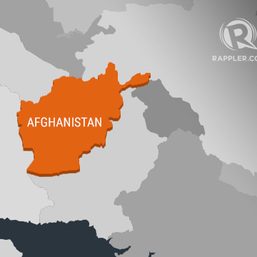
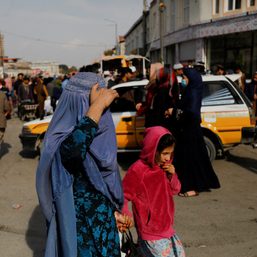
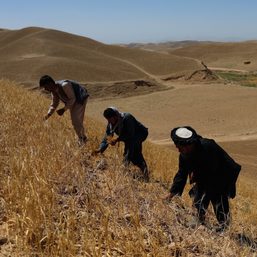
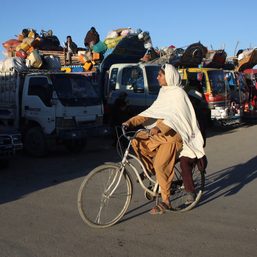
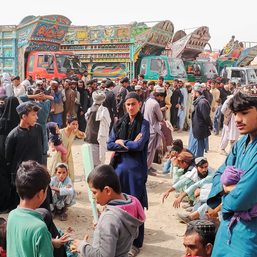
There are no comments yet. Add your comment to start the conversation.